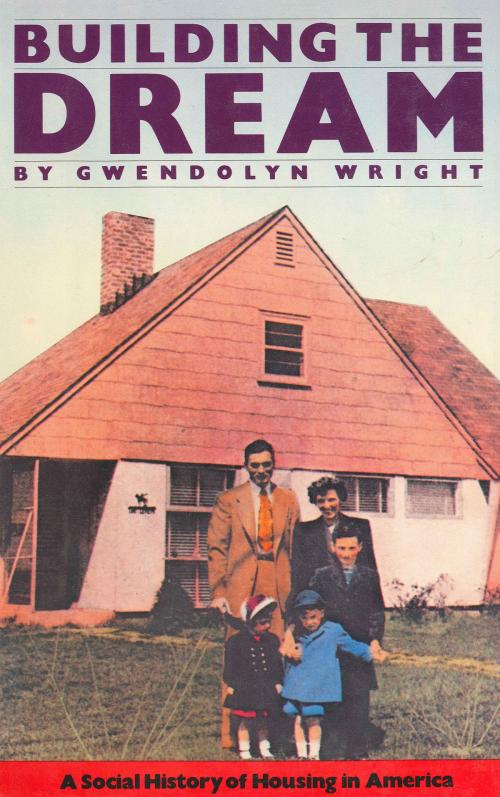Building The Dream
Nonfiction, History, Civilization, Art & Architecture, Architecture, Social & Cultural Studies, Social Science, Anthropology| Author: | Gwendolyn Wright | ISBN: | 9780307817112 |
| Publisher: | Knopf Doubleday Publishing Group | Publication: | May 9, 2012 |
| Imprint: | Pantheon | Language: | English |
| Author: | Gwendolyn Wright |
| ISBN: | 9780307817112 |
| Publisher: | Knopf Doubleday Publishing Group |
| Publication: | May 9, 2012 |
| Imprint: | Pantheon |
| Language: | English |
For Gwendolyn Wright, the houses of America are the diaries of the American people. They create a fascinating chronicle of the way we have lived, and a reflection of every political, economic, or social issue we have been concerned with. Why did plantation owners build uniform cabins for their slaves? Why were all the walls in nineteenth-century tenements painted white? Why did the parlor suddenly disappear from middle-class houses at the turn of the century? How did the federal highway system change the way millions of Americans raised their families?
Building the Dream introduces the parade of people, policies, and ideologies that have shaped the course of our daily lives by shaping the rooms we have grown up in. In the row houses of colonial Philadelphia, the luxury apartments of New York City, the prefab houses of Levittown, and the public-housing towers of Chicago, Wright discovers revealing clues to our past and a new way of looking at such contemporary issues as integration, sustainable energy, the needs of the elderly, and how we define "family."
For Gwendolyn Wright, the houses of America are the diaries of the American people. They create a fascinating chronicle of the way we have lived, and a reflection of every political, economic, or social issue we have been concerned with. Why did plantation owners build uniform cabins for their slaves? Why were all the walls in nineteenth-century tenements painted white? Why did the parlor suddenly disappear from middle-class houses at the turn of the century? How did the federal highway system change the way millions of Americans raised their families?
Building the Dream introduces the parade of people, policies, and ideologies that have shaped the course of our daily lives by shaping the rooms we have grown up in. In the row houses of colonial Philadelphia, the luxury apartments of New York City, the prefab houses of Levittown, and the public-housing towers of Chicago, Wright discovers revealing clues to our past and a new way of looking at such contemporary issues as integration, sustainable energy, the needs of the elderly, and how we define "family."















